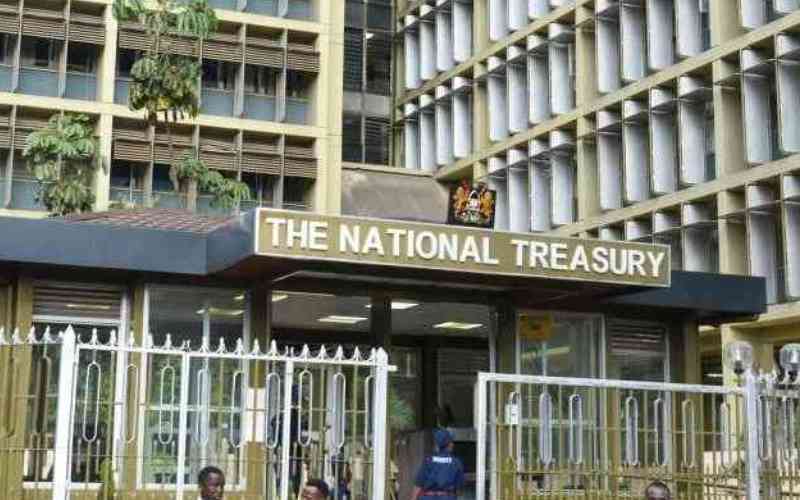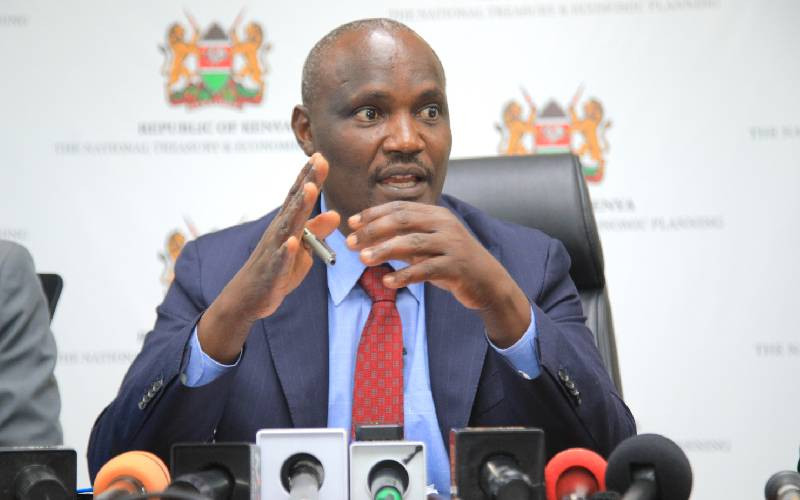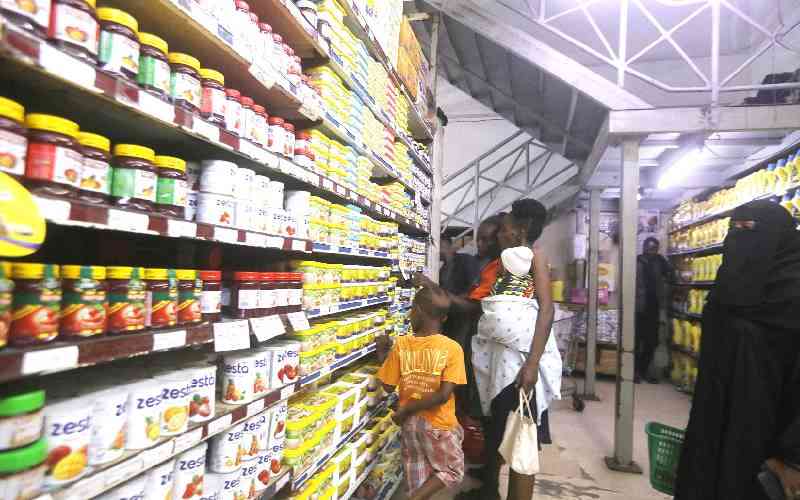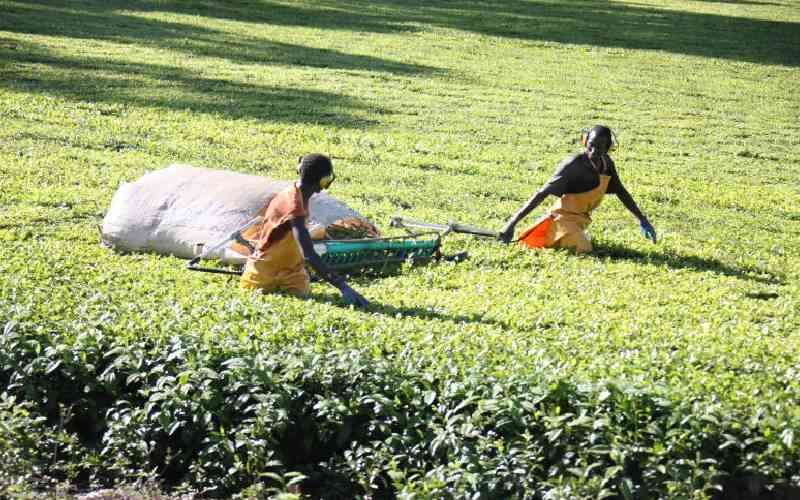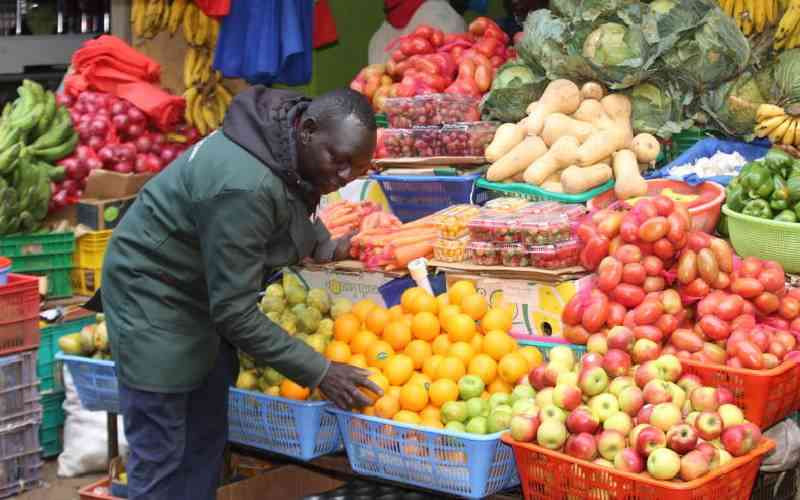×
The Standard e-Paper
Home To Bold Columnists
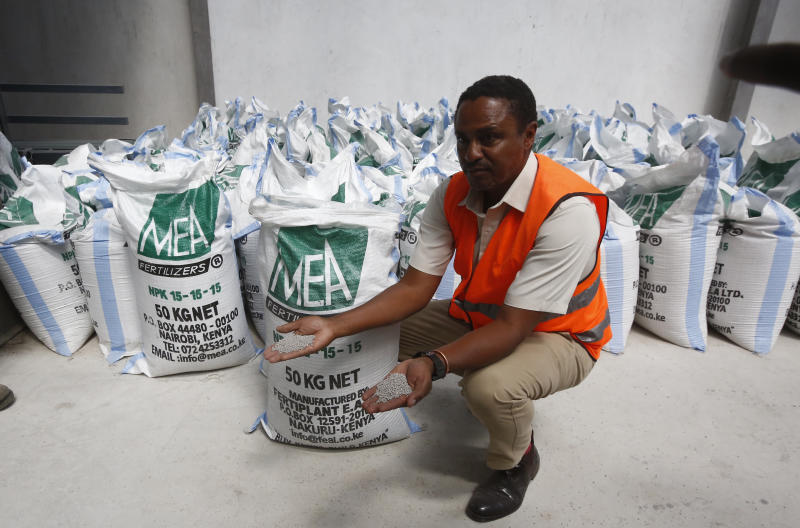
Farmers can now breathe a sigh of relief as Fertiplant East Africa (FEA) Limited, a subsidiary of MEA Limited established a Sh3 billion factory in Nakuru.
Speaking during a tour of the plant, FEA Executive Director Titus Gitau said Kenya’s agricultural productivity has been on a downward trend due to reliance on imported fertiliser.

